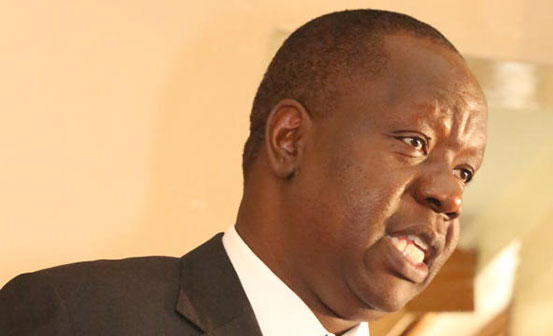×
The Standard e-Paper
Smart Minds Choose Us

It has emerged that some local universities compromise admission standards to attract more students. In particular, universities abused the credit transfer systems to generate more money to bridge their budgetary gaps.
Details of how students worked to beat the admissions standard to complete studies within the shortest time possible have also been exposed.